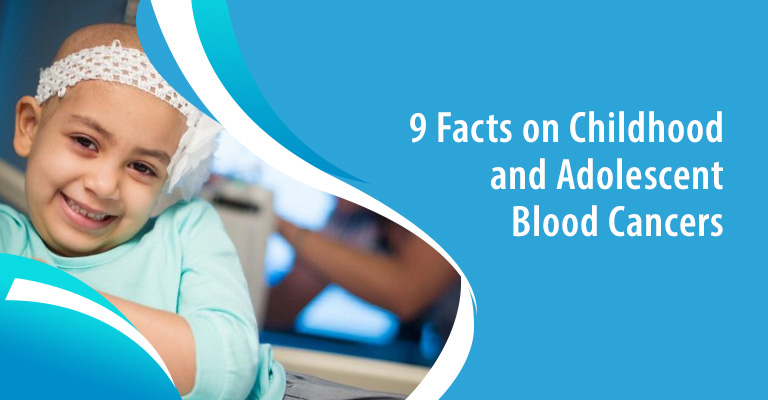Colon cancer is a form of cancer that starts in the large intestine and spreads throughout the body (colon). The colon is the last section of the digestive system. Colon cancer is more common in older people, although it can strike anyone at any age. It usually starts as polyps, which are tiny, noncancerous (benign) clusters of cells that grow on the inside of the colon. Some of these polyps can turn into colon cancer over time. Small polyps may create few, if any, symptoms. As a result, doctors advise routine screening tests to help prevent colon cancer by detecting and removing polyps before they turn cancerous.
Many treatments are available to help control colon cancer, including surgery, radiation therapy, and pharmacological treatments such as chemotherapy, targeted therapy, and immunotherapy.
Medica’s oncology department excels in providing world-class cancer treatment driven by their collective clinical excellence of over 30+ years. With a multidisciplinary approach to treating all types and forms of cancer, our oncologists and onco-surgeons are supported by the latest cancer treatment technologies along with a team of highly-skilled reconstructive surgeons who deliver extensive treatment to all of our patients, adults and children alike.









